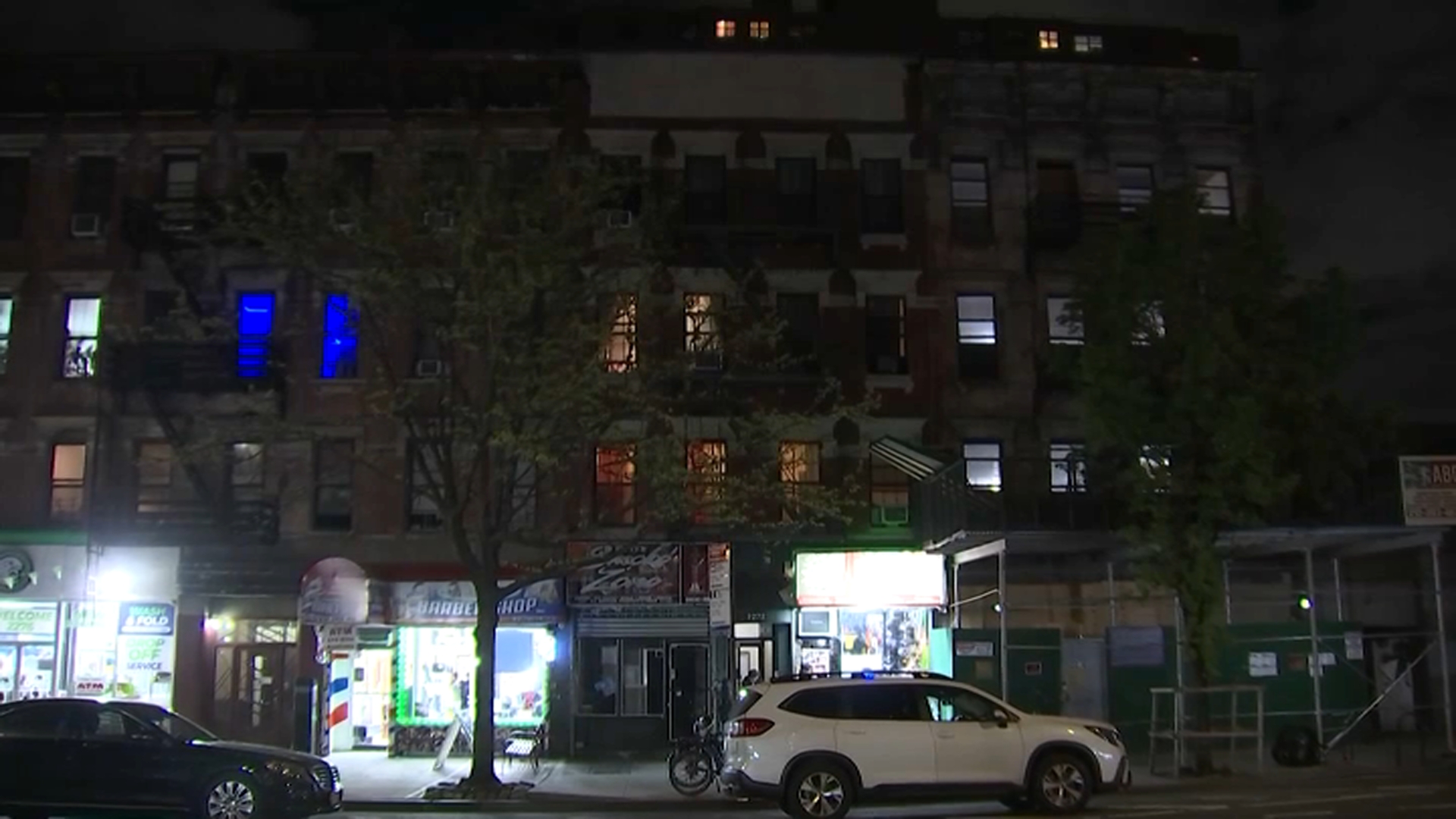What to Know
- A Brooklyn attorney has made history by becoming the first Hasidic Jewish woman to become a judge
- There are reports that Rachel Freier is the first Hasidic woman to hold public office in the U.S.
- Freier hails from Borough Park, where she campaigned hard despite skepticism from more conservative members of the community
A New York real estate attorney is the first female Hasidic judge in the state — and perhaps the nation.
There are even reports that Rachel Freier is the first Hasidic Jewish woman to hold public office in the U.S.
The mother of six worked hard to earn the titles of trailblazer and “your honor” — she spent 10 years in college and law school, despite skepticism from friends.
“They looked at me and said, ‘10 years, you're going to be 40 then,’” she said. “And guess what happened, 10 years later we all turned 40 and I was a lawyer.”
In her own community of Borough Park, Freier had to convince religious conservatives to vote for her. As a woman, the culture precluded her from putting her picture on campaign posters.
“I cannot campaign in the men's synagogue, which my opposition thought would work to my detriment,” she said.
Local
Despite the skeptics, Freier’s husband and three sons helped her campaign. She was elected to the Fifth Judicial District in Brooklyn after winning a three-way Democratic primary and the general election in November.
She started work as a civil court judge on Tuesday.
Freier, 51, said she wants to “blend both worlds” — the Hasidic world, with “its customs, its beauty, its tradition,” and the professional world in which she has become a true pioneer.
“I prefer the term trailblazer, because a trailblazer is someone who is setting the path for Hasidic women,” she said. “Do it your way.”
At a swearing-in ceremony in December, Freier both vowed to uphold the Constitution and pledged to illuminate the Hasidic world for her new colleagues.
"This is a dream," she told the gathering. "It's the American dream."
There's no official tally of American judges' religions, but experts aren't aware of any Hasidic woman before Freier winning a judicial post. It is extremely rare even in Israel for Hasidic or other ultra-Orthodox women to hold any elected position.
Her election is "a step for the ultra-Orthodox community at large," showing it's open to women making progress on the political ladder, said Yossi Gestetner, a longtime Hasidic political activist and public relations consultant who co-managed Freier's campaign.
Hasids and other ultra-Orthodox groups together make up only 6 percent of America's estimated 5.3 million adult Jews, according to a 2013 Pew Research Center study.
Dating to 18th-century Eastern Europe, Hasidism combines stringent adherence to Jewish law and a joyful belief in mysticism. Followers often speak Yiddish, wear traditional dress including beards and sidelocks for men and wigs for married women, and separate men and women in contexts ranging from buses to classrooms.
"The very idea that an ultra-Orthodox woman could be a judge" is notable, said Samuel Heilman, a City University of New York sociology professor who studies Orthodox Judaism. Under the strictest interpretations of Jewish law, women can't be judges or largely even witnesses in the rabbinical courts that weigh various disputes in Orthodox communities.
Freier, nicknamed Ruchie, started working as a legal secretary after high school. College wasn't customary for Hasidic women, though it has since become more common.
But when her husband, David, got a college degree, she aspired to one of her own. After graduating from a women-only, Orthodox Jewish-friendly program at private Touro College, she went on to Brooklyn Law School, finishing in 2005.
Some other Hasidic Jews questioned what she was doing. But they came to realize "I was completely devoted to our religion and our tradition, and this was something I wanted to do regardless," she says.
"I didn't want to ever be considered someone who was turning away from my community," but rather to work within its structure, she said.
That has sometimes required finding creative ways to resolve issues.
An appeal for help from boys who had chafed in Orthodox Jewish schools, for example, led Freier to found a program that helps young men get general-equivalency diplomas.
Then Freier was enlisted to represent Orthodox Jewish women who wanted to join an all-male volunteer ambulance corps, aiming to aid fellow women during childbirth or gynecological emergencies.
After ambulance corps leaders rebuffed the idea, which a well-known Orthodox Jewish blog called a "new radical feminist agenda," Freier helped the women launch their own volunteer service and joined it herself. She was still taking her turn on call this past week.
If there's a message she hopes her election sends, it's "don't give up."
"And don't let go of your standards."



